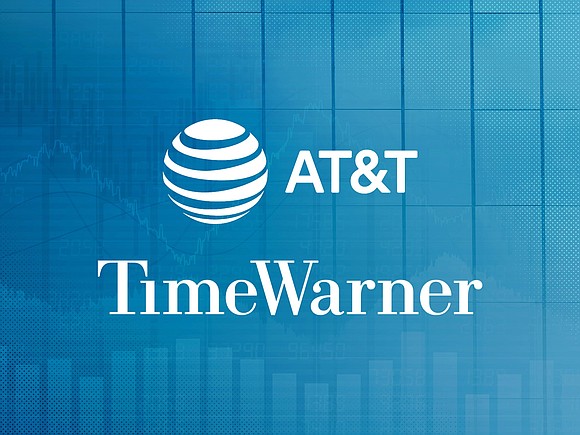Judges grill DOJ on claims that District Court erred in approval of AT&T-Time Warner merger
CNN/Stylemagazine.com Newswire | 12/6/2018, 11:52 a.m.
By Hadas Gold, CNN Business
(CNN) -- A panel of three appellate judges aggressively questioned the Justice Department Thursday over its argument to overturn District Court Judge Richard Leon's approval of AT&T's acquisition of Time Warner.
The oral arguments took nearly a full hour longer than originally scheduled, with judges encouraging attorneys to keep talking even when they reached their time limits.
At a hearing in the D.C. Circuit Court of Appeals, Judges Judith W. Rogers, Robert L. Wilkins and David B. Sentelle grilled the Justice Department's attorneys about their contention that the original decision was incorrect.
The Justice Department has claimed in its appeal that Leon committed "fundamental errors of economic logic and reasoning" in his decision and "discarded the economics of bargaining."
The appellate judges expressed skepticism of the government's theory that AT&T and Time Warner would have increased leverage over competitors as a merged company because it could threaten to blackout its content -- like CNN, TNT and TBS -- and gain new customers for its own platforms, like DirecTV, as a result.
Judge Rogers, a Clinton appointee, said that the "dramatic change in the last five years" of the media landscape supports the District Court's opinion that the combined AT&T and Time Warner wouldn't want to blackout its content on other distributors because it would want to maximize distribution, an argument AT&T made during trial.
Judge Wilkins, an Obama appointee, pointed out that an arbitration agreement offered by Turner that would protect distributors from blackouts helps take care of that concern. "You said the district court clearly errs because the blackout threat wouldn't change...but yet in post-merger world there are these contracts that have been offered for arbitration that weren't there before and the district court seemed to rely on those contracts. So how can we just ignore that and say the district court has irrationally switched positions?" Wilkins said.
An attorney representing 27 antitrust scholars who have weighed in on the case as "amici," or "friends of the court," argued that the District Court judge showed "serious confusion" regarding an important economic bargaining theory, the Nash model, used in the decision. Leon, the attorney argued, should have been concerned with the stakes of the blackout, as in what would happen in the chance of a blackout, versus the odds of one happening, which is what the attorneys said he focused on.
During the arguments by AT&T's counsel, the judges asked very few questions, and those that they did ask were mainly for clarification.
Judge Rogers specifically focused on the arbitration offer that would in theory take care of any blackout concerns for seven years, asking how solid it was and whether there was any "uncertainty" around it. AT&T's counsel said it was "absolutely" certain and that the combined company would honor it.
Judge Wilkins asked the most questions of AT&T's counsel, pressing especially on whether by affirming Leon's decision the panel would be throwing away an important antitrust legal precedent, the Copperweld case decided by the Supreme Court in 1984.
An attorney representing a different group of amici, antitrust scholars, granted time by AT&T, spoke on behalf of AT&T's case as well.
The judges did not announce when a decision would be made. AT&T completed its acquisition of Time Warner in June and renamed the company WarnerMedia, which is CNN's parent company.









